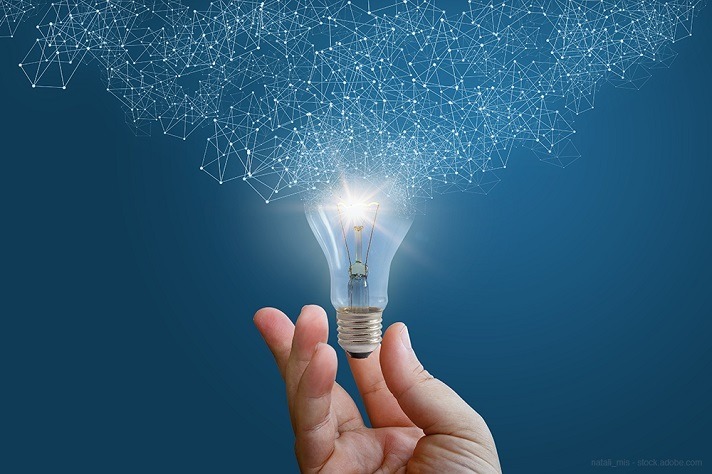Trend: Harnessing digital tech to improve mental health and wellness
 From mindfulness apps to virtual therapy sessions, digital tools offer instant access to wellness resources (The Globe and Mail):
From mindfulness apps to virtual therapy sessions, digital tools offer instant access to wellness resources (The Globe and Mail):
In 2015, Brie Code was working at leading video game company Ubisoft as lead artificial intelligence programmer when she realized that many people she knew – about half, by her estimation – found video games boring.
… Code left Ubisoft to develop exactly that type of game. Her AI company, Tru Luv, launched its first product, a game appropriately titled #SelfCare, in 2018. Designed with the help of Dutch academic Isabela Granic, a professor at the Behavioural Science Institute (BSI) at Radboud University in the Netherlands and director of the Games for Emotional and Mental Health Lab, the game is centred around an avatar who stays in bed for the day and aims to relax players by using soothing music, muted colours and self-care practices. Think meditative tasks such as word games and guided breathing exercises. There’s no way to win, compete or binge – in fact, it deliberately starts to feel boring after a few minutes of play, which disincentivizes mindless scrolling.
#SelfCare was an instant hit, garnering half a million downloads in its first six weeks without any advertising … Games like #SelfCare are part of a growing wave of digital wellness tools, which also include popular apps such as Headspace and Calm, for guided meditation; Somryst, an FDA-approved “prescription-only digital therapeutic” that uses cognitive behavioural therapy to soothe chronic insomnia; Clue, a period-tracking app; and Hydro Coach, which tracks water consumption.
According to an April, 2021, McKinsey & Company report, the global wellness market is valued at US$1.5 trillion. The Global Wellness Institute says a large fraction of that value is in “mental wellness” services and products – a category it defines as including “senses, spaces and sleep; brain-boosting nutraceuticals and botanicals; self-improvement, meditation and mindfulness.” And increasingly, the tech sector is finding footholds in this market.
About the Mental Wellness category and report:
Description: The Global Wellness Institute’s groundbreaking report, “Defining the Mental Wellness Economy,” focuses on the business of mental wellness—and explores the programs and products that are driving the mental wellness economy in four sub-sectors of this $121 billion global market.
- Senses, Spaces & Sleep
- Brain-Boosting Nutraceuticals & Botanicals
- Self-Improvement
- Meditation & Mindfulness
News in Context:
- The National Academy of Medicine (NAM) shares discussion paper to help empower 8 billion minds via the ethical adoption of digital mental health and neurotech
- 10 neurotechnologies about to transform brain enhancement and brain health
- Five reasons the future of brain enhancement is digital, pervasive and (hopefully) bright
- We need to rethink neuroscience. And you can help us


